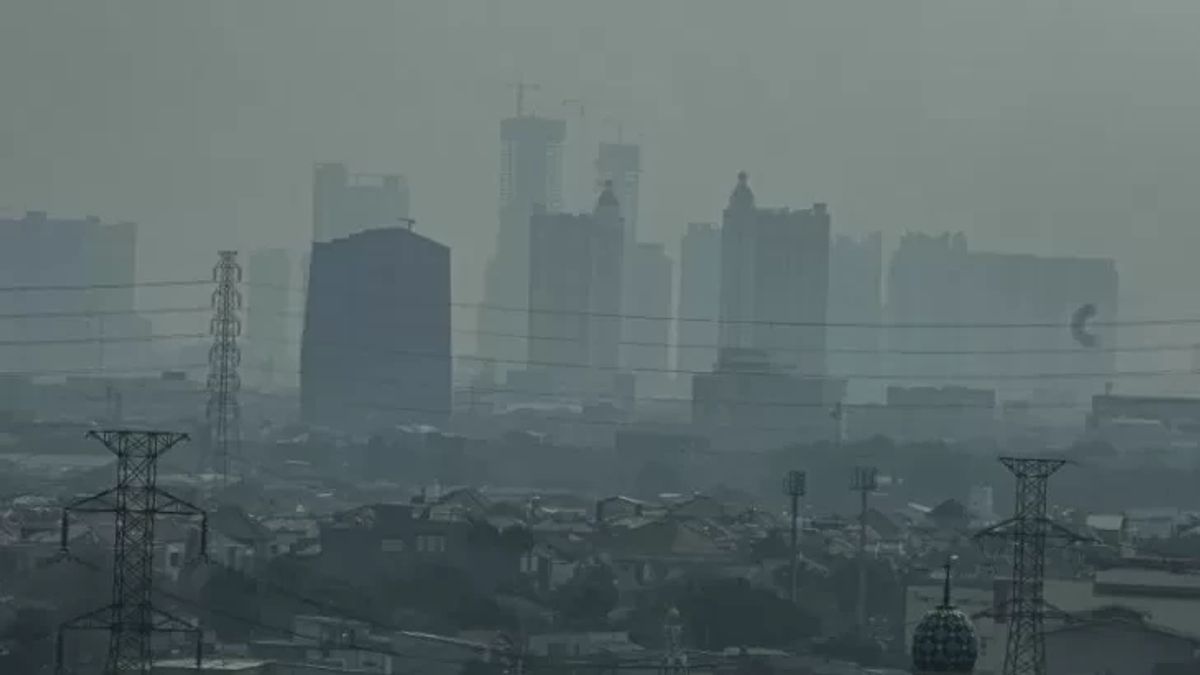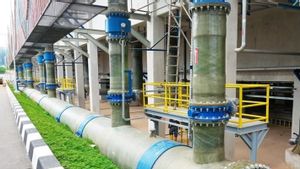JAKARTA - Chairman of the Indonesian Academy of Sciences (AIPI) Satryo Soemantri Brodjonegoro said it was important to encourage and involve the private sector to invest in taking concrete actions to create clean air and reduce greenhouse gas emissions.
Satryo conveyed this during a webinar entitled S20 High Level Policy International Webinar on Applying Science and Technology for Clean Air and Climate Co-benefits, Thursday 30 June.
"In addition to research and development, science-based policies and ambitious government support, stakeholder and public engagement are also imperatives for tackling air pollution and reducing carbon emissions, in a way that can benefit as many people as possible," he said.
Satryo said that financing real actions to create clean air requires resources that exceed the government's capacity. Private sector investment is critical especially to shift to clean technology.
For that, he said, the government must create an enabling environment for clean technology investment, because every country has unique challenges and needs in changing their energy systems, and to support these actions.
"Stakeholder involvement is needed to tackle air pollution and reduce carbon emissions. Because air pollution affects all members of society, the clean air program must be everyone's business," he said, according to Antara.
Taking into account the high financial risks and the novelty of new technologies, Satryo said it is important for the government to create a supportive environment and incentivize the private sector to invest in clean technology.
Based on information from the United Nations Environment Program (UNEP) in 2019, four billion or 92 percent of people in Asia and the Pacific are exposed to air pollution that endangers their health.
Air pollution also harms the environment, ecosystems and biodiversity, agricultural products, and the economy. According to the World Bank, the health damage cost of fine particulate air pollution (PM2.5) was equivalent to 9.3 percent of Gross Domestic Product (GDP) in East Asia and the Pacific and 10.3 percent in South Asia in 2019.
In addition, air pollutants contribute to climate change, where tropospheric ozone causes climate warming while particulate components (PM) have a cooling or warming effect on the climate.
The English, Chinese, Japanese, Arabic, and French versions are automatically generated by the AI. So there may still be inaccuracies in translating, please always see Indonesian as our main language. (system supported by DigitalSiber.id)













